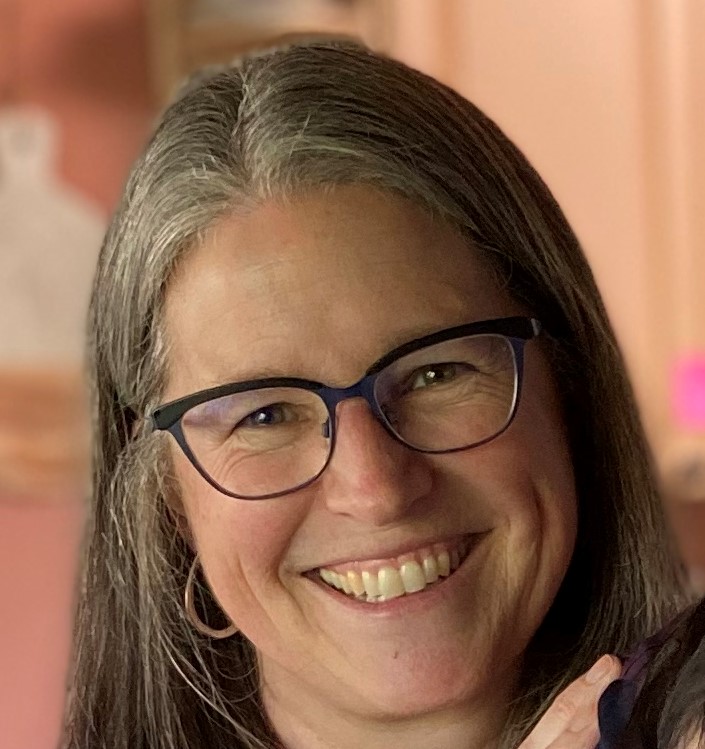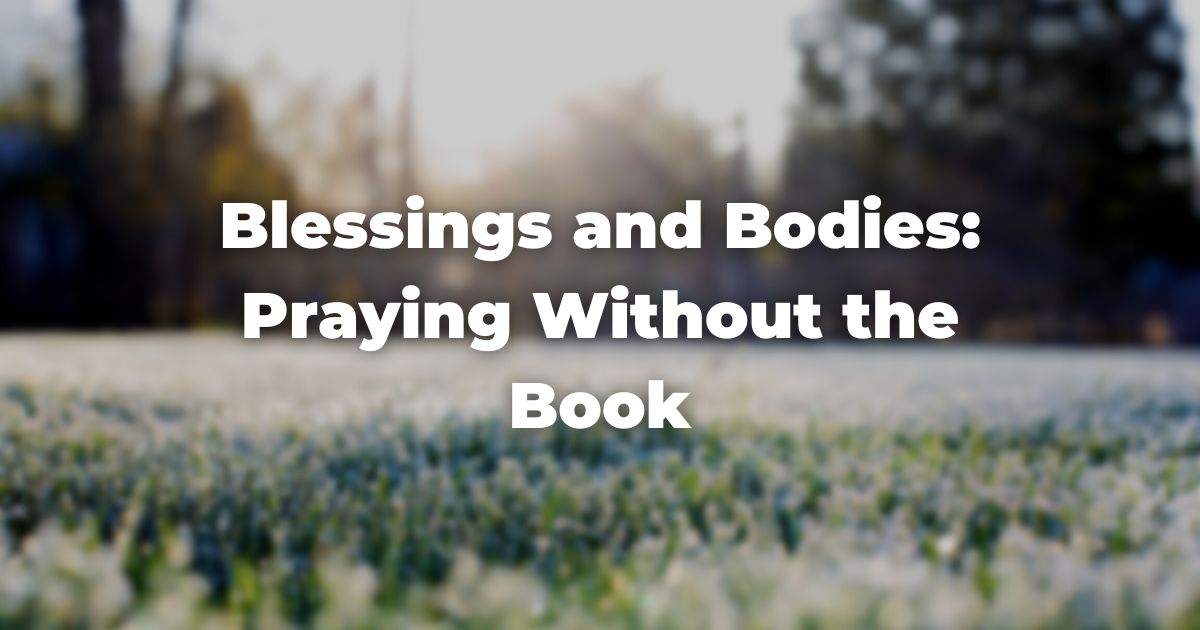Begin with our bodies.
One of the things I love about morning blessings in the Jewish tradition, is that they begin with our bodies. We note that we alive with the words, “Modah ani l’faneikhah, I am grateful I am here before You.”
We know it could have been otherwise: not everyone wakes up in the morning from the liminal state of sleep. And it is reasonable to be grateful.
The sun rises, gratitude arises.
The TalmudReferring to one of two collections, the Jerusalem and Babylonian Talmuds, edited in the 6th century, that contains hundreds of years of commentary, discussion, and exploration of the ideas in the Mishnah. One could describe it as Mishnah + Gemara = Talmud Read more tells a story about Adam in the Garden of Eden. On the day that Adam was created, he began to see set, and exclaimed, “Oy! The world is growing dark – I must be dying!”
But when the sun began to rise, Adam realized that he had the gift of another day ahead. He gave thanks that he was not going to die simply because the sun had set and he had gone to sleep. (AvodahOriginally understood as Temple service, but expanded to mean any service to God.
Related to: gemilut hasadim. See Pirkei Avot 1:2 Read more Zarah 8a)
Keep ‘em coming.
After thanking the Divine for our awakening, we follow with a remarkable lineup of blessings, Birkhot HaShahar, that celebrate the miracle of our bodies working as well as they do. These blessings live in a certain order in the siddur, the Jewish prayer book which was compiled more than 1000 years ago.
You might think that when you open the prayer book, that you should say them in order.
But Rambam, the great medieval sage, teaches that we should say these blessings in the order in which they happen for us each day (Mishneh Torah, Hilkhot Tefillah 7:7). What is the moment that we actually notice the light of morning? The moment we notice that we open our eyes? Put our clothes on? Feel our feet touch the ground, noting that our feet help our bodies to move?
Each day is a new day.
But the very fact that the blessings are put in a certain order, in the prayer book, shouldn’t mean that we have to separate the blessings themselves from our own lived experience. That experience is different each and every day.
It was revolutionary to my own spiritual experience, when I realized that this teaching of the Rambam meant that the order of these blessings was really just a suggestion. I could rely on my body to tell me each day which blessing came first, last and in between.
By grounding these blessings in my lived experience each day, I embraced the reality that each day would be different, because my body and my awareness would be different. Judaism actually encourages this kind of awareness in us as much as possible.
A day in my life.
So what does this spiritual practice actually look like?
One of my most inspirational teachers, Rabbi Jonathan Slater, invited me to narrate my own personal journey of waking up with him in a podcast, Waking Up to Blessing (transcript here). It lets listeners into my own spiritual journey of waking up to my body. It is a sample of one day of what this looks like for me, a spiritual “day in the life.”
Getting over myself.
When I was doing this podcast with Rabbi Slater, I had to face my own self-consciousness in this spiritual practice.
It was one thing to do this in real-time as I get out of bed, and quite another thing to share this journey with others. What motivated me to do this is knowing that most of us have these self-conscious feelings about what we look like, what we sound like.
And of course, what if we do it wrong?!
Your bedroom is not the synagogue.
The highly choreographed form of prayer that takes place in a synagogue is a completely different experience from the intimate, rumpled moments of awakening in the morning.
But these moments are no less of an opportunity for holiness. We free to note our earliest moments of awareness in the way that is unique to us and unique to each day.
Don’t worry if you don’t know the blessings that appear in the prayer book. Riff on your own and notice what you sense when you wake up.
Later, when you want to learn more about the blessings in the prayer book, you can always go back and learn them, knowing that your order of saying them will vary day to day, as the Rambam tells us.
Move through our lives with awareness.
The Talmud teaches us to aim for 100 blessings every day.
The goal is really to move through our lives with awareness, being present to express gratitude. No matter if you are a morning person or not, there is no better time of day to begin this spiritual journey, by awakening each day, grateful for the gift of life.
Author
-

In Northern California, Susan was the first woman to be senior rabbi at a Conservative synagogue, Congregation Kol Shofar, and the first woman to be Associate Rabbi at Temple Beth Am, Los Angeles, following ordination at the Ziegler School of Rabbinic Studies.
For The Institute for Jewish Spirituality, she leads virtual daily meditations, and is featured in their Waking Up to Blessing podcast and has taught Jewish spirituality at Zacharias Frankel College.
On the Clergy Council of Roots, she works with Palestinians and Israelis living in the West Bank and serves on the Executive Council of the Rabbinical Assembly.
View all posts




